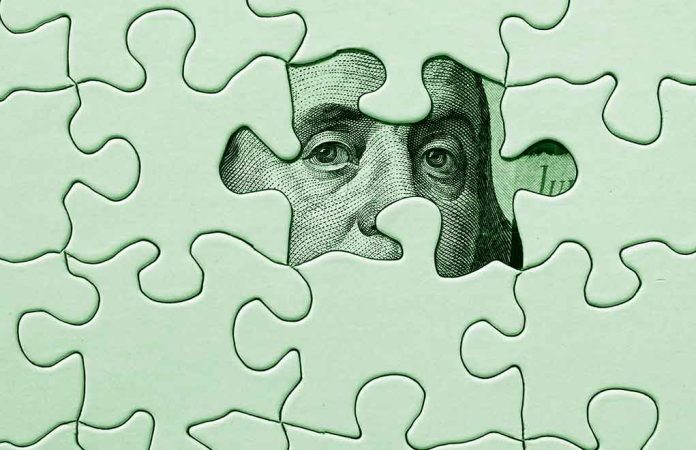
Unclaimed Money In Your Name? Uncle Sam May OWE You
(DailyDig.com) – Federal agencies collect a considerable amount of money owed to people for a variety of reasons but don’t have the resources to track down all of those people to get the money back to them. These funds come from pensions, insurance policies, businesses that failed to pay wages properly, bank and credit union failures, investment scams, and more.
Sometimes, the only way for an individual to find out if a federal government agency is holding money for them is to search that agency’s database. The federal government tries to facilitate this search by pulling those links together under its usa.gov website, but the individual still needs to spend some time following each link and conducting the search.
Types of Funds Federal Agencies Collect
Although a person might be owed money by a business and would expect to have to try to collect from that business, in many instances these funds are turned over to a government agency, which then is responsible to get the money to the individual. But when people move frequently, getting the money back to them becomes more challenging.
Some of the agencies that collect that money include:
- Department of Labor: If a business failed to pay wages, the Department of Labor collects that money and holds it for up to three years. DOL maintains a database for workers to search for back wages.
- Pension Benefit Guaranty Corporation: If a company goes out of business or ends a defined pension plan, former workers might be owed that pension, the Pension Benefit Guaranty Corporation is responsible for getting those benefits paid. PBGC currently has more than 80,000 unclaimed pensions.
- Federal Deposit Insurance Corporation: The FDIC covers up to $100,000 per individual in deposits lost when a bank fails.
- National Credit Union Administration: NCUA pays money to depositors when a credit union covered by the NCUA fails.
- Securities and Exchange Commission: The SEC investigates fraudulent investment practices and collects money that companies owe to investors.
- U.S. Bankruptcy Courts: When a company declares bankruptcy, the U.S. Courts will collect money from the company and distribute it to lien holders.
- Bureau of Fiscal Service: The Bureau of Fiscal Services in the U.S. Treasury Department collects money owed to U.S. nationals by foreign governments when an individual experiences a loss of property.
Federal Money That Might Be Owed
Government agencies also might owe individuals money for various reasons. Among agencies that might owe individuals money are:
- Internal Revenue Service: Sometimes when the IRS sends out tax refund checks, the checks are never cashed or are returned to the IRS if the taxpayer has moved and not left a forwarding address.
- U.S. Department of Treasury: Savings bonds that have reached maturity and are no longer collecting interest often are left sitting when an individual has lost the savings bond. Savings bonds were purchased from the U.S. Treasury as gifts for newborns or to support war efforts.
- Federal Housing Administration: Homeowners who had an FHA-backed insurance policy on their mortgage might be owed when they pay off or refinance their mortgage and no longer require mortgage insurance.
- Veterans Affairs: Veterans or their beneficiaries might be owed money for a life insurance policy issued by the U.S. Department of Veterans Affairs.
States Hold Unclaimed Funds
States also set up an agency to handle other types of unclaimed funds, such as money orders, security deposits, contents of safety deposit boxes, etc. When a business no longer can contact the individual, they turn the items over to the state unclaimed property agency.
The National Association of Unclaimed Property Administrators maintains a website with links to each state’s unclaimed property agency that allows individuals to search their state database or multiple states.
Copyright 2022, DailyDig.com













